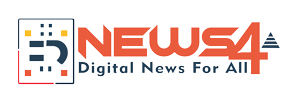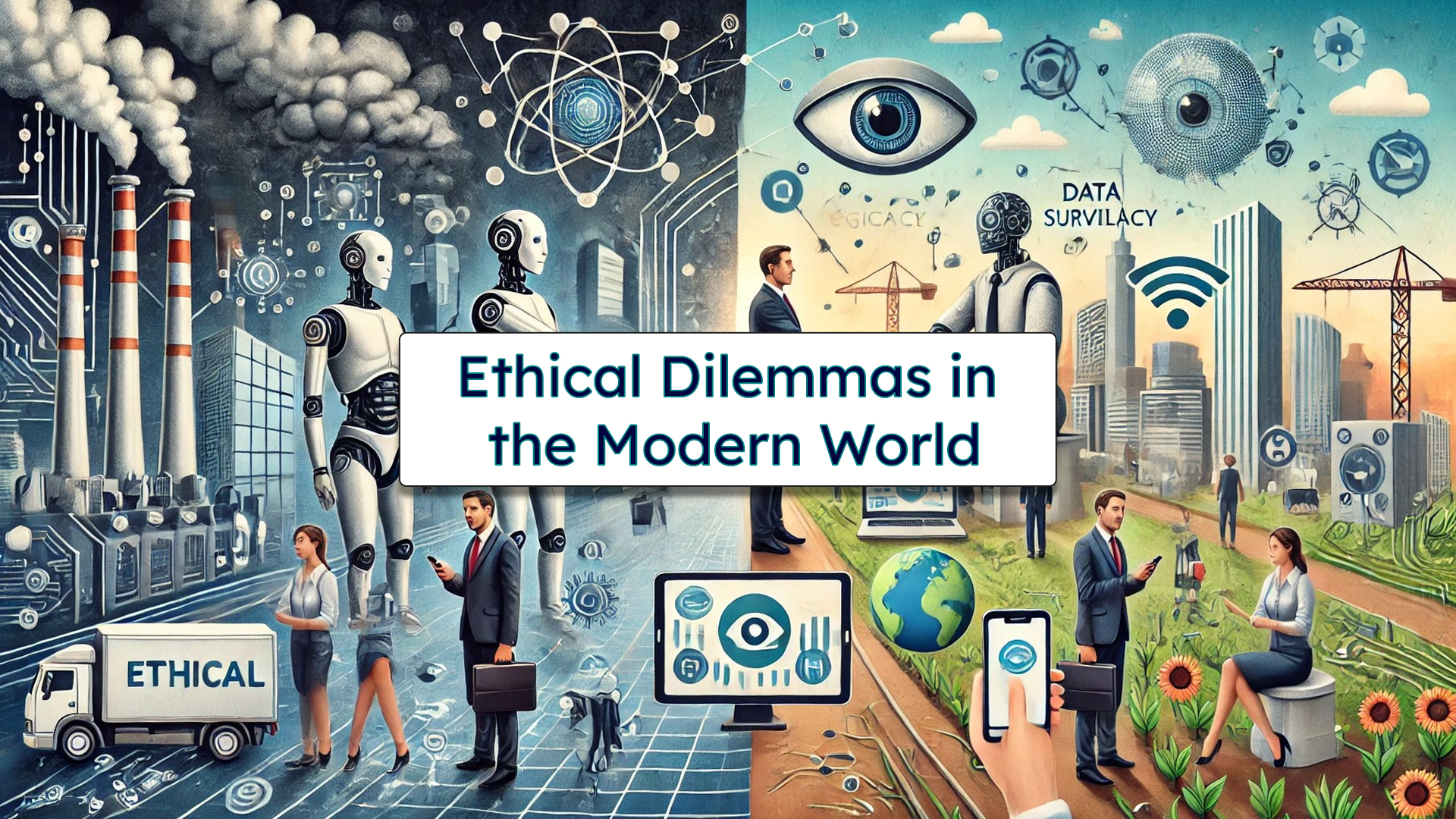In an era defined by rapid technological advancements, globalization, and evolving social norms, ethical dilemmas have become more complex than ever. From artificial intelligence to climate change, individuals and organizations face difficult moral questions that lack clear-cut answers. In this blog, we explore some of the most pressing ethical dilemmas of the modern world and the challenges they present.
1. Artificial Intelligence and Automation
As AI and automation continue to reshape industries, ethical concerns surrounding job displacement, bias in algorithms, and decision-making autonomy have emerged. Should companies prioritize efficiency over human employment? How can we ensure that AI systems make fair and unbiased choices? These questions highlight the moral complexities of integrating technology into daily life.
2. Data Privacy and Surveillance
With the rise of big data and digital surveillance, personal privacy is under constant threat. Governments and corporations collect vast amounts of data, often without explicit consent. The ethical dilemma here lies in balancing national security and business interests with individuals’ right to privacy. How much surveillance is too much, and where should we draw the line?
3. Climate Change and Corporate Responsibility
As climate change accelerates, companies and governments face mounting pressure to adopt sustainable practices. However, ethical dilemmas arise when financial interests conflict with environmental responsibilities. Should businesses be held legally accountable for their carbon footprint? How can individuals contribute to a more sustainable future without sacrificing economic growth?
4. Biotechnology and Genetic Engineering
Advancements in genetic engineering, including CRISPR technology, have the potential to eliminate diseases and improve human health. However, ethical concerns arise regarding designer babies, genetic discrimination, and the potential unintended consequences of altering human DNA. Who should regulate these technologies, and where should we draw the ethical boundaries?
5. Misinformation and Free Speech
The digital age has amplified both the power and dangers of free speech. Social media platforms struggle to curb misinformation while preserving the right to express diverse opinions. Should platforms have the authority to censor content, and if so, who decides what is true? The ethical balance between combating misinformation and protecting free expression remains a significant challenge.
6. Wealth Inequality and Economic Justice
The gap between the rich and the poor continues to widen, raising questions about economic fairness. Is it ethical for billionaires to amass vast wealth while millions struggle to afford basic necessities? Should governments implement policies like universal basic income or higher taxes on the wealthy to create a more equitable society?
Conclusion
Ethical dilemmas in the modern world are rarely black and white. They require thoughtful discussion, empathy, and a willingness to navigate the gray areas. As society evolves, so too must our ethical frameworks, ensuring that progress benefits all rather than a select few. By engaging in these conversations, we can work toward a future that upholds both innovation and integrity.


